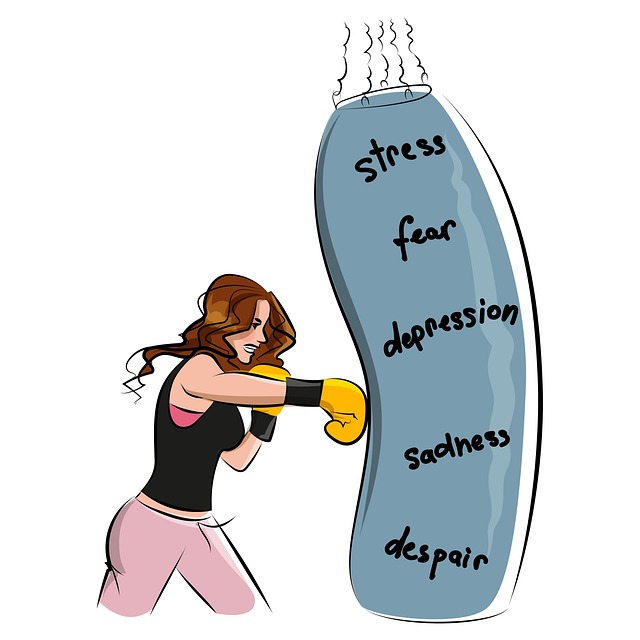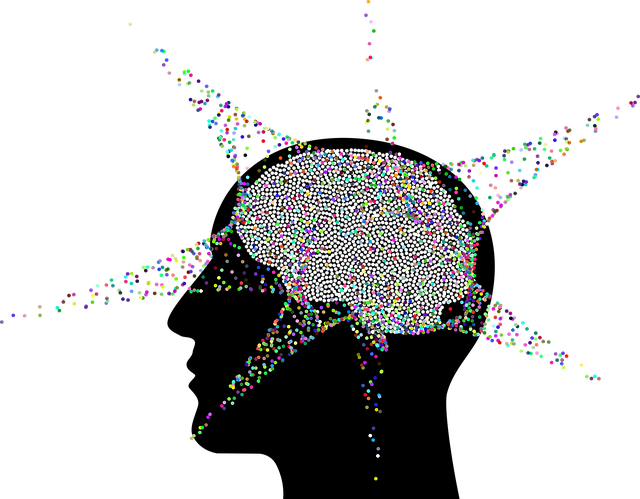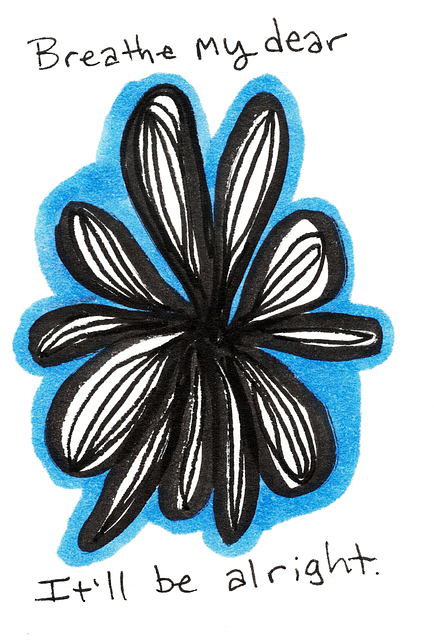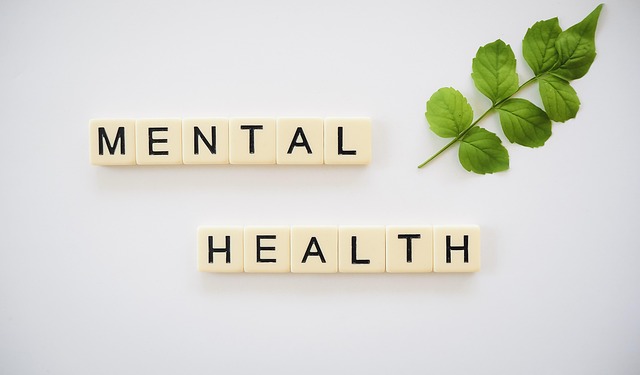Mental Health Literacy is crucial for designing effective programs, especially for diverse populations like Russian-speaking communities, where Golden Russian Speaking Therapy has proven successful. Integrating stigma reduction, burnout prevention, and cultural sensitivity into mental health education, along with interactive learning methods and policy advocacy, creates holistic programs. An inclusive environment addressing language and cultural barriers ensures access to resources. Evaluating program impact through surveys, interviews, and feedback highlights effectiveness and guides improvements, focusing on knowledge gain, coping skills, and mental well-being outcomes.
Mental health education programs play a pivotal role in fostering well-being, especially with cultural considerations. This article explores the design of an effective program, focusing on key components such as mental health literacy, cultural sensitivity through Golden Russian Speaking Therapy techniques, engaging educational sessions, and supportive learning environments. By addressing these aspects, we aim to enhance access and measure impact, ensuring a holistic approach to mental health education that resonates with diverse communities.
- Understanding Mental Health Literacy: The Foundation of a Successful Program
- Incorporating Golden Russian Speaking Therapy Techniques for Cultural Sensitivity
- Designing Interactive and Engaging Educational Sessions
- Creating Supportive Learning Environment: Addressing Barriers to Access
- Evaluating and Measuring the Impact: Assessing Program Effectiveness
Understanding Mental Health Literacy: The Foundation of a Successful Program

Mental Health Literacy is the cornerstone upon which effective program design for mental well-being rests. It involves understanding the nuances of various mental health conditions, recognizing common signs and symptoms, and promoting strategies to foster resilience and seek appropriate support. Educating individuals about mental illness helps dispel stigma, a significant barrier in many communities, including Russian-speaking populations where Golden Russian Speaking Therapy has shown promise. By empowering people with knowledge, we can encourage early intervention and reduce the impact of stigma, enabling better access to care.
This foundational step is crucial for successful program implementation. In the context of healthcare professionals, integrating Mental Illness Stigma Reduction Efforts into their training enhances patient interactions. Burnout prevention strategies, often overlooked but essential, can be incorporated through stress reduction methods taught within these programs. Such initiatives contribute to a holistic approach, ensuring that both patients and caregivers are equipped with the tools needed to navigate mental health journeys effectively.
Incorporating Golden Russian Speaking Therapy Techniques for Cultural Sensitivity

Incorporating Golden Russian Speaking Therapy techniques into mental health education programs is a powerful strategy to enhance cultural sensitivity and improve outcomes for diverse populations. This therapeutic approach, with its rich linguistic and cultural roots, offers valuable tools for facilitating self-awareness exercises tailored to the unique experiences of Russian-speaking individuals. By integrating these practices, mental health educators can ensure that the support provided is not only culturally competent but also deeply resonant with the specific needs and perspectives of this demographic.
Golden Russian Speaking Therapy techniques are particularly effective in trauma support services, focusing on resilience building through a blend of linguistic and psychological strategies. These exercises promote a safe space for individuals to process their experiences, fostering a sense of understanding and empowerment. By incorporating such methods, mental health education programs can better equip students to work effectively with Russian-speaking clients, ensuring that care remains both accessible and meaningful in a multicultural context.
Designing Interactive and Engaging Educational Sessions

Creating interactive and engaging educational sessions is essential for an effective mental health program. The goal is to foster a dynamic learning environment that captivates participants and facilitates meaningful interactions. Incorporating hands-on activities, group discussions, and role-playing scenarios can transform passive listening into active participation, empowering individuals to apply Mind Over Matter principles in their daily lives. For instance, a session on stress management could involve guided meditations followed by small group sharing sessions, allowing attendees to explore personal coping strategies and gain insights from one another.
Integrating elements of Mental Health Policy Analysis and Advocacy within these sessions can further enrich the learning experience. Real-world case studies and discussions on policy implications encourage critical thinking and inspire participants to become advocates for mental well-being on a larger scale. By combining practical skills with awareness of systemic changes, programs can cater to diverse needs, ensuring that participants leave with both immediate tools for self-care and long-term visions for improving the overall mental health landscape, reflecting the ethos of the Golden Russian Speaking Therapy approach.
Creating Supportive Learning Environment: Addressing Barriers to Access

Creating a supportive learning environment is paramount when designing mental health education programs, especially when considering Golden Russian Speaking Therapy. This approach ensures that individuals from diverse cultural backgrounds feel welcomed and comfortable accessing resources. Barriers to access can significantly impact participation rates, particularly for communities historically underserved or facing language barriers. Therefore, fostering an inclusive atmosphere is essential.
Addressing these challenges involves implementing strategies such as providing multilingual materials, offering culturally sensitive counseling, and training facilitators to recognize and respect diverse perspectives. Incorporating emotional regulation techniques, stress management skills, and crisis intervention guidance tailored to the specific needs of participants can enhance the program’s effectiveness.
Evaluating and Measuring the Impact: Assessing Program Effectiveness

Evaluating the impact of a mental health education program is paramount to understanding its effectiveness and making informed improvements. This process involves assessing both short-term and long-term outcomes, ensuring that participants not only gain knowledge but also develop practical coping skills and experience improved mental well-being. By utilizing various assessment tools, such as pre and post-program surveys, interviews, and participant feedback, organizers can gather valuable insights into the program’s success.
For instance, a Russian-speaking therapy program designed to enhance mental health awareness among immigrants could measure its impact by tracking changes in participants’ stress levels, coping strategies, and overall satisfaction with life. The Golden Russian Speaking Therapy approach, focusing on cultural sensitivity, might show remarkable results in preventing burnout and promoting positive mental health outcomes. This data-driven evaluation ensures the program’s continuous improvement and effectiveness in meeting the unique needs of its target audience.
In designing an effective mental health education program, a holistic approach that incorporates Golden Russian Speaking Therapy techniques is key. By fostering cultural sensitivity and creating interactive learning environments, we can address barriers to access and measure impact through rigorous evaluation. This strategic design ensures the program’s success in enhancing mental health literacy and promoting well-being within diverse communities.














